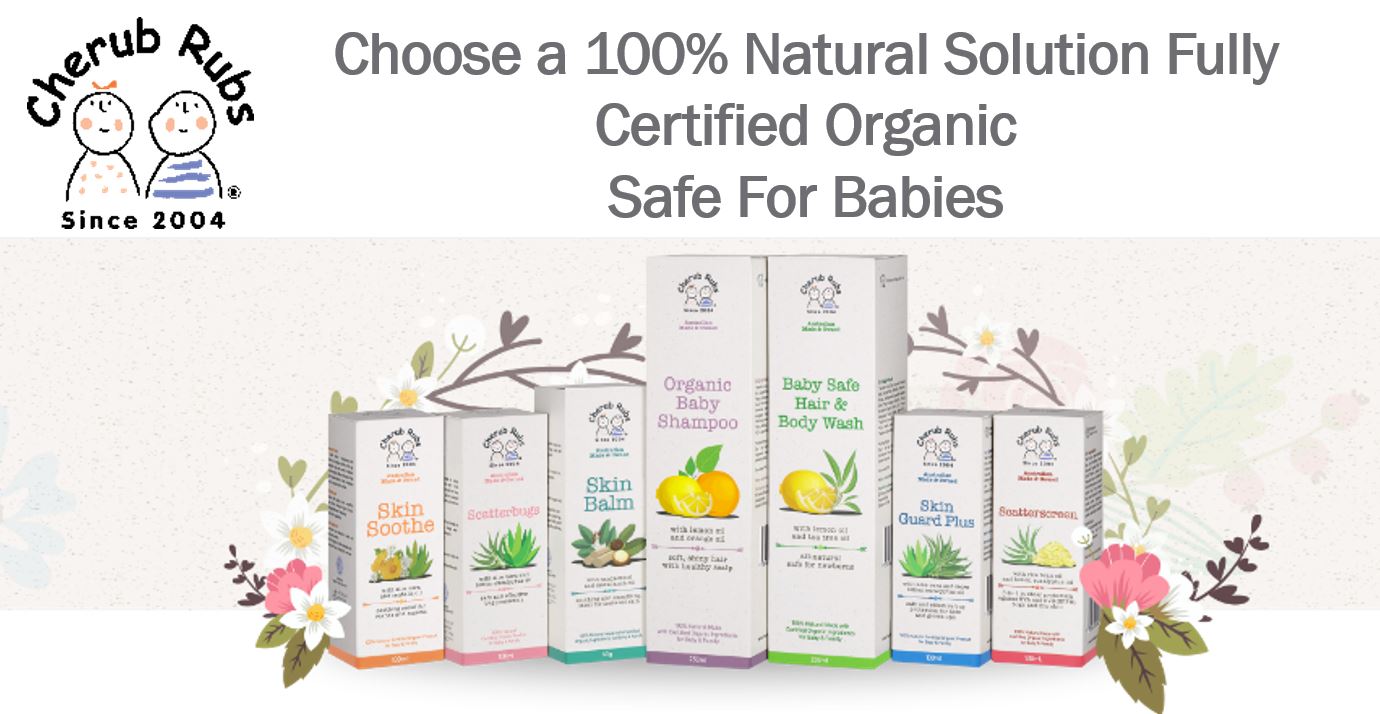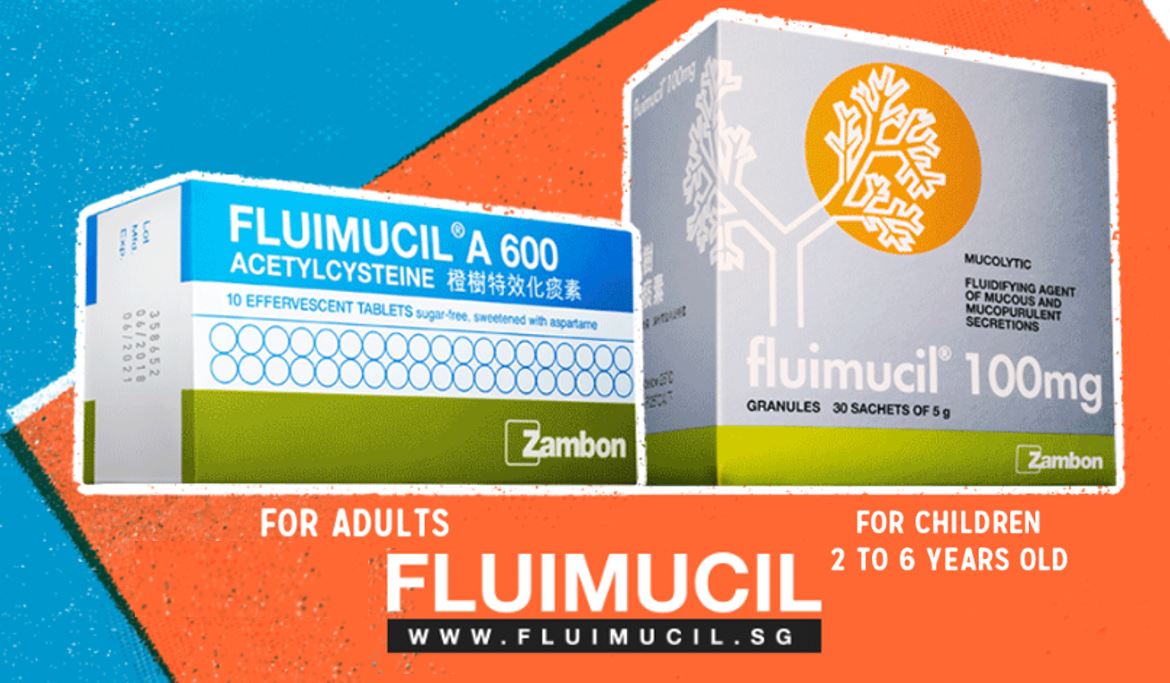
Shedding Light On What Skin Brighteners and Whiteners Do For You
November 9, 2017
What Is Skin Brightening?
More than just lightening the colour of your skin, skin brighteners aim to improve dull or tired complexion and restore your skin’s vibrancy. Brightening products generally contain micro-exfoliants that assist the skin’s cell renewal processes – removing the build-up of dead skin cells and stimulating the production of new skin cells, giving you a fresher, more radiant look. This means that with such products, you can smoothen your skin’s texture and boost its overall health, achieving luminescent and glowing skin—regardless of what shade you are.
The ingredients you should look out for in skin brightening products and treatments are alpha hydroxy acids (AHAs) and beta hydroxy acids (BHAs). These penetrate the skin and give you a deep exfoliation. Retinols stimulate the production of new skin cells and boost collagen to keep your skin plump and hydrated. Vitamin C is also a popular ingredient as it protects from environmental pollutants that can make your skin appear sluggish and tired.
While not its sole aim, skin brighteners could work to whiten your skin by inhibiting the production of melanin (the pigment that colours your skin) and lightening the darker pigmentation caused by spots or blemishes on your face. Some skin brighteners also contain ingredients designed to lighten the skin by targeting common problem areas such as sun damaged skin or hyperpigmentation. However, if your skin goals are more specifically to lighten your tone by a few shades, you’d best be looking towards skin whitening products to achieve the desired results.
What Is Skin Whitening?
Skin whitening products are more specially targeted to give you a fairer and more even skin tone. These treatments reduce pigmentation and rid your dark spots caused by age, as well as improve sun-damaged or light-exposed skin – such as restoring your natural skin tone after a tan. Skin whitening products work by inhibiting the production of melanin in the skin, allowing you to achieve fairer skin over time.
Common melanin inhibitors are kojic and azelaic acid, as well as arbutin. While some ingredients can be naturally-occurring, skin whitening products might also contain bleaching elements, which are harsher on the skin. Bleaching agents such as licorice root can lighten your skin more gently as compared to harsher chemicals like hydroquinone.
When used topically and in small amounts, skin whitening products can also help reduce scarring. Common skin problems like inflammation or hyperpigmentation can cause dark spots to appear on the skin. You would be an ideal candidate for skin whitening products if you wish to achieve the following:
1. Lighten signs of melisma
Melisma, a common facial discoloration caused by sun exposure or imbalance of hormones during pregnancy, appears as brown patches typically around the cheeks, forehead or nose bridge.
2. Deal with hyperpigmentation
Excess melanin can cause darker pigments to appear in irregular patches on the skin. Skin whitening products can help reduce such hyperpigmentation and even your skin tone.
3. Reduce acne scarring
The brown spots that linger after a blemish is gone can also be classified as post-inflammatory hyperpigmentation. While these might naturally fade in a few months, skin whiteners can help expedite the process.
There are several overlaps between what skin brightening and whitening products can help you accomplish. But regardless of which treatments you undergo, keep these tips in mind:
Shield your skin from the sun!
Your skin might be more sensitive to sun exposure when you undergo whitening treatments. So make a habit of having a good sun routine, and don’t forget to protect your skin with high SPF sunscreen. Alternatively, you could wear a hat outdoors.
Enrich your diet!
Keep your skin glowing by maintaining a healthy diet and exercise regime. Consuming foods rich in retinol such as fish oil can naturally rejuvenate your skin from within.



 Australia
Australia  Brunei
Brunei  Cambodia
Cambodia  Hong Kong
Hong Kong  Indonesia
Indonesia  Laos
Laos  Macau
Macau  Malaysia
Malaysia  New Zealand
New Zealand  Philippines
Philippines  Singapore
Singapore  Thailand
Thailand  Vietnam
Vietnam  Worldwide
Worldwide 
